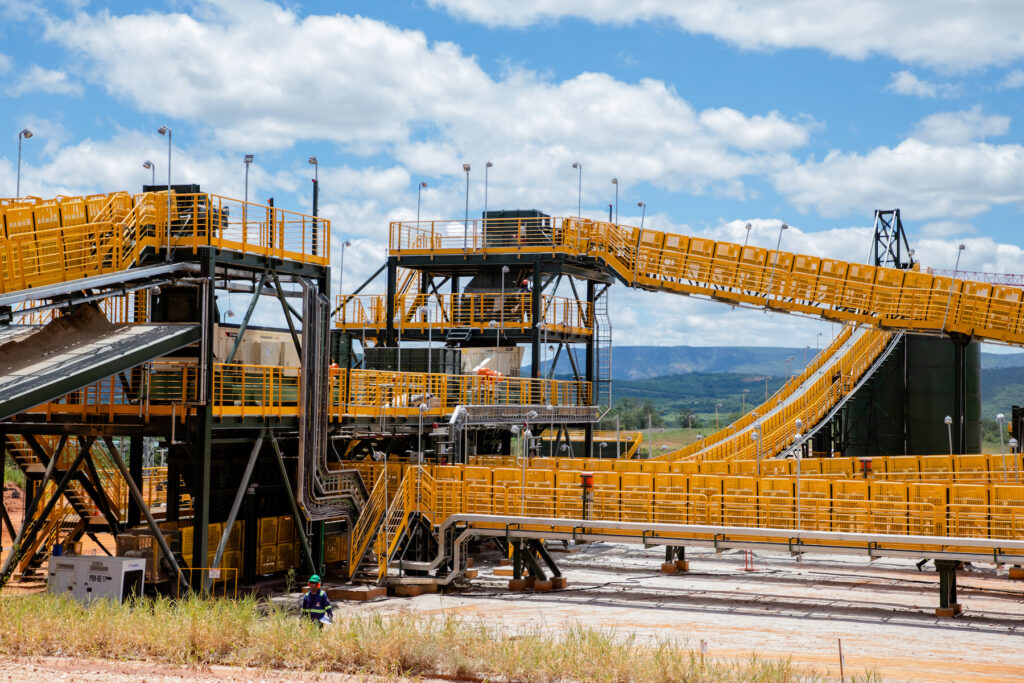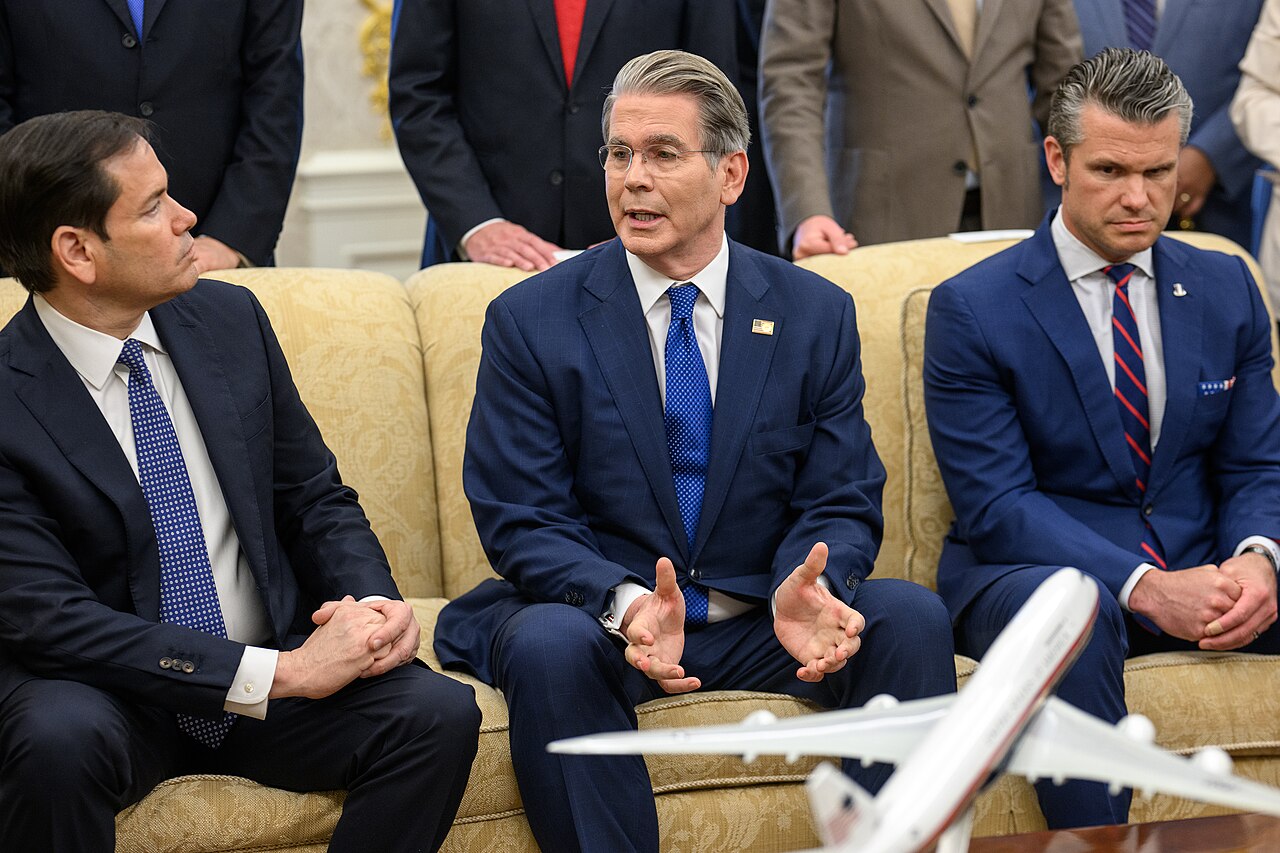Sigma Lithium receives preliminary approval for Grota do Cirilo funding

Sigma Lithium (NASDAQ: SGML; TSXV: SGML) said on Monday it has received a letter of intention from the the Development Bank of the Brazil (BNDES) for additional funding for the Grota do Cirilo project in Brazil.
The funding, described as a potential extension of debt financing already secured, is intended to support the construction of Sigma Lithium’s second lithium concentrate production plant at the Grota do Cirilo site.
The proposed plant aims to expand the production capacity of the complex from 270,000 tonnes per year to 510,000 tonnes. The proposed facility is expected to have a cost of $100 million.
Sigma also said it received a full environmental license for the proposed second plant on January 31. The license now permits the processing of up to 3.7 million tonnes per year.
“Having BNDES as a creditor represents the support of the government of Brazil to Sigma Lithium’s industrial expansion plans at Vale do Jequitinhonha,“ CEO Ana Cabral-Gardner said in the statement.
“Despite the recent deterioration in the outlook for lithium demand for the short term, the company believes that with the appropriate capital structure enabled by this development bank financing, it has a unique opportunity to solidify its global industrial competitive leadership in producing low cost and sustainable pre-chemical lithium concentrate,” she added.
The price of lithium has tumbled to $13,200 per tonne, its lowest level since 2020, data from Benchmark Mineral Intelligence shows.
Goldman Sachs recently said it estimated a surplus of 200,000 tonnes of lithium carbonate equivalent, or 17% of global demand, this year. It anticipated the situation to push producers to “substantially” reduce output to balance the market.
Sigma shares were up 3.3% to C$15.21 apiece at mid-day in Toronto on Monday, capitalizing the company at C$2.2billion ($1.6 bn).
More News
{{ commodity.name }}
{{ post.title }}
{{ post.date }}




Comments